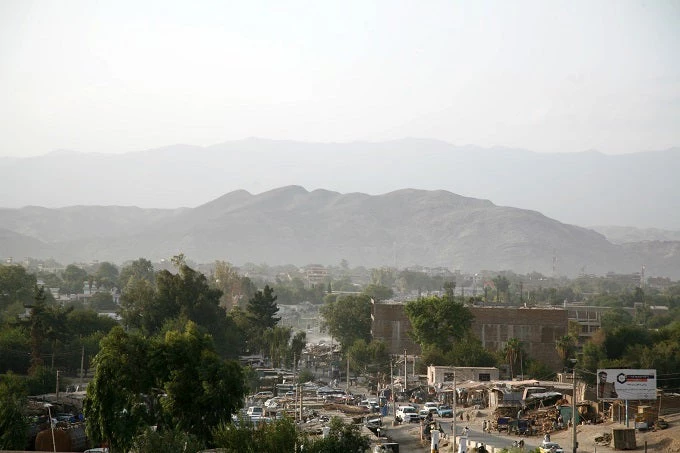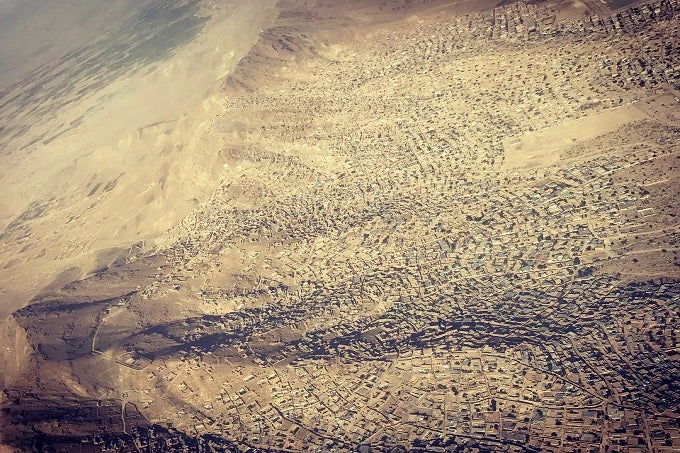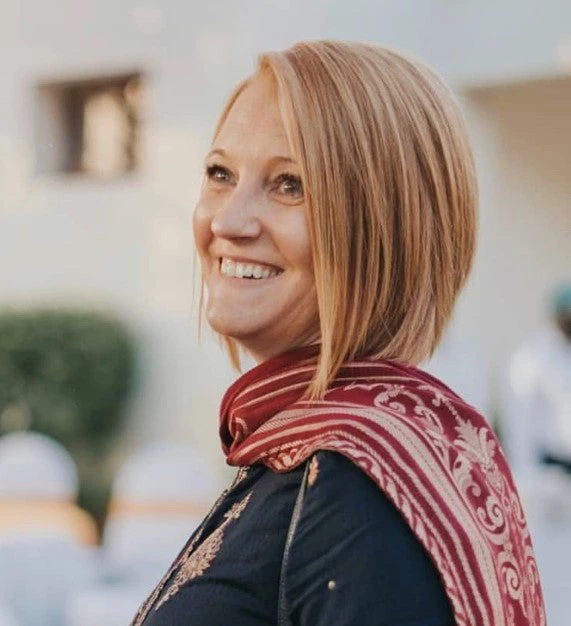
In May 2017, the World Bank celebrated its 15 years of reengagement in Afghanistan. Since reengagement, we have helped the government deliver public services to its citizens and, in the process, accumulated a wealth of data on many sectors from health and education to infrastructure.
However, publicly available base data used across sectors – also called ‘foundation’ data-- is still lacking . As it happens, that information is important to design projects and inform policies.
Case in point: while we may have data on vaccines given or babies born, we don’t know much about the roads that lead to the clinic. Similarly, we may get data on school attendance and passing rates of students, but we don’t know how long it takes for students to reach their schools.
These examples highlight how foundation data can help better plan the expansion of healthcare facilities or enhance access to education . After all, each mapped kilometer of a road can help us understand how long Afghan children must walk to get to school or how long it takes sick Afghans to reach a hospital.
Without question, there is a clear need for better foundation data to inform decision making at all levels.
Recently, the Ministry of Rural Rehabilitation and Development (MRRD) and the Ministry of Public Works (MPW) have turned to open source software like OpenStreetMap to create high-quality data from high-resolution satellite imagery that will directly support road construction and maintenance efforts.
To properly conduct road maintenance and construction planning, one must have complete and accurate data of the road network. This data is critical to plan for the expansion and maintenance of the over 2,200 kilometers of new roads, 3,000 meters of bridges that have been constructed, as well as over 6,000 kilometers of existing roads, which are now maintained through the World Bank and Afghanistan Reconstruction Trust Fund (ARTF) projects.

OpenStreetMap is an open source geospatial data portal built and maintained by a community of mappers. The data generated by MRRD, who are responsible for tertiary roads, and MPW, who are tasked with building and maintaining secondary roads, will not only aid their own roads inventory project but will help provide every ministry and development organization with the best publicly available data for Afghanistan.
This information, in turn, could feed into future project design to ensure the ministries, World Bank, and development partners have the best possible data available to inform project and policy design.
Recognizing the power of having good baseline data, we collaborated with the Government of Afghanistan to conduct training in Kabul on open-source geospatial data for participants to digitize roads, land use (e.g. commercial, residential, or industrial areas), and communities in over 112 square kilometers of eastern Nangarhar province.
The two training sessions were held at the World Bank Office in Kabul, in September and November 2017, with 31 representatives from nine ministries, three development partners, one municipality, one university, and some of our very own World Bank Staff. During the training, participants contributed to OpenStreetMap by locating and marking unmapped communities, tracing roads and linking them to the existing network.
Road tracing involves looking at satellite imagery and creating vertices, which link road segments together, through either a web browser or stand-alone software. These vertices could be meters apart, in the case of turns, or hundreds of meters apart when roads are straight. Other attributes, like whether or not a road is paved, covered with gravel, or bare earth, are also captured. After the user creates or updates the information, it is uploaded to the server. Minutes later, the data is available to the world.
In the next training event, the World Bank will train Afghan university students to perform the digitization with ministry staff as supervisors and validators. Thus, we hope to crowd-source Afghan talent and nurture local knowledge while building portable skills, at low-cost.
We look forward to our next training event in Kabul.



Join the Conversation